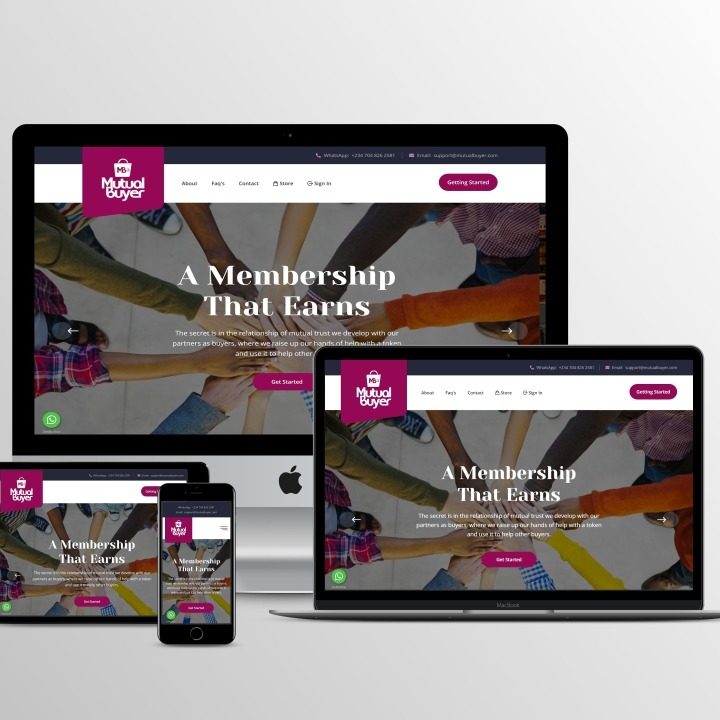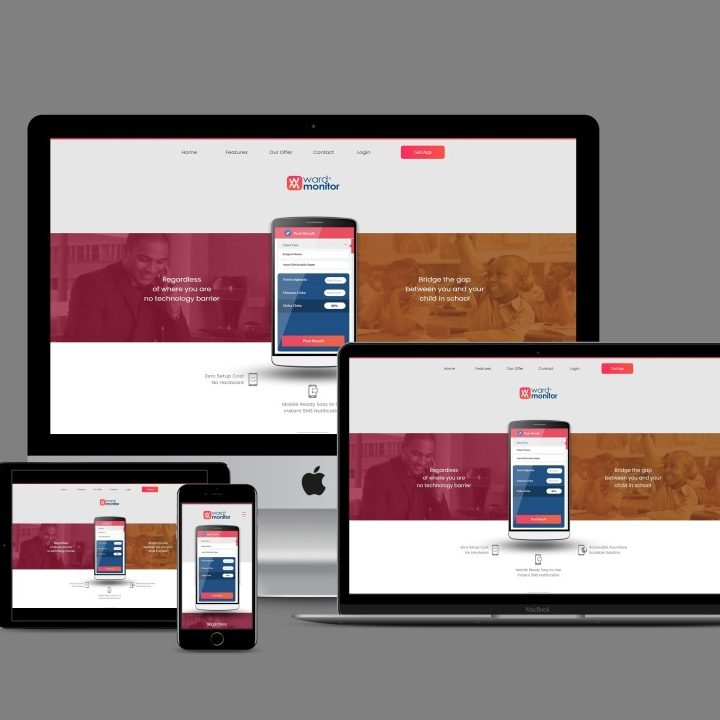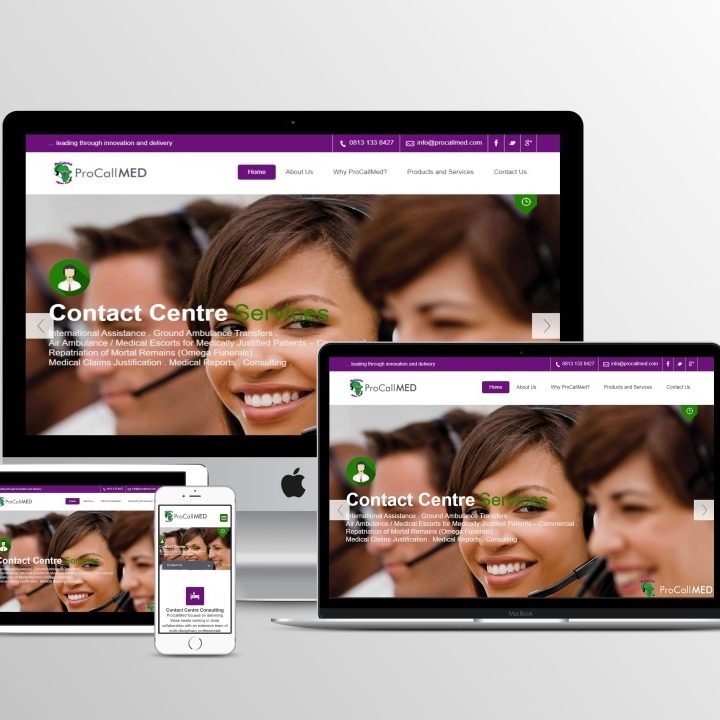How to Start a Tech Business with Little or No Capital in Nigeria
A tech business uses technology (software, hardware, or both) to solve problems, automate processes, or deliver digital products/services. You don’t need to be the next Paystack or Flutterwave overnight. Start small.
Starting a tech business with little or no capital in Nigeria is absolutely possible—you just need to be strategic, resourceful, and laser-focused. Here’s a practical guide to help you launch:
1. Start with a Problem You Can Solve
Don’t chase trends—solve real problems.
-
Look around you: What are people struggling with?
-
Can tech help make it faster, easier, cheaper, or better?
-
Focus on sectors like:
-
Fintech (payments, lending)
-
Agritech
-
Edtech
-
Healthtech
-
E-commerce
-
Logistics
-
Example: Create a WhatsApp-based customer ordering system for small local stores.
2. Leverage Your Skills
What can you do without paying someone else?
-
Developer? Build an MVP (Minimum Viable Product)
-
Designer? Create UI/UX for your idea
-
Marketer? Grow the brand on a shoestring
-
Writer? Start with content-based platforms (e.g., blogging or affiliate marketing)
If you lack tech skills—learn onsite or online at GreenWare Tech Academy
3. Start as a Solo Founder or Form a Team
If you can’t do it all, partner up.
-
Find a co-founder with complementary skills.
-
Partner with someone who believes in the vision, not just the money.
Use platforms like:
-
Twitter (X), LinkedIn
-
Local dev/design communities (e.g., Facebook Groups, etc.)
4. Use Free or Cheap Tools
Launch using free-tier services:
-
Website: Netlify, Vercel, GitHub Pages, or WordPress.com
-
Design: Canva, Figma
-
Development: Firebase, Supabase, Heroku (free tiers)
-
Communication: WhatsApp, Telegram, Slack
-
Payment: Paystack, Flutterwave
5. Build an MVP – Not a Full Product
Build a scrappy version that works and proves the concept.
-
No-code tools: Glide, Bubble, Tilda, Notion
-
WhatsApp bot instead of a full app
-
Google Forms instead of a customer dashboard
The goal is to validate the idea with real users.
6. Start Marketing for Free
-
Build in public: Share your journey on Twitter or LinkedIn
-
Create content on YouTube or TikTok
-
Leverage Facebook and WhatsApp groups
-
List on Product Hunt or Nairaland
7. Monetize Early
-
Charge from Day 1 or offer a free tier with paid upgrades
-
Use affiliate marketing, ads, or subscriptions
-
Offer services (e.g., tech consulting, training) to fund the product
8. Register Your Business (Optional Early On)
When you’re gaining traction, register your company (CAC) and open a business account.
Cost: ~₦15,000–₦25,000 for basic registration.
9. Scale with User Feedback
-
Iterate based on real feedback
-
Add only necessary features
-
Focus on growth via word-of-mouth and referrals
10. Seek Funding (Later)
Once you’ve validated the idea and gained some traction:
-
Apply to local incubators (CcHub, Tony Elumelu Foundation, etc.)
-
Angel investors (LinkedIn, local events)
-
Global programs (Y Combinator, Techstars)
Bonus: Business Ideas That Need Low Capital in Nigeria
-
WhatsApp chatbot for local services
-
Local freelance marketplace
-
Online learning platform for niche skills
-
Social commerce store (Instagram + Paystack)
-
Digital record-keeping app for small businesses
Previous Post: How to Earn a Living with AI







